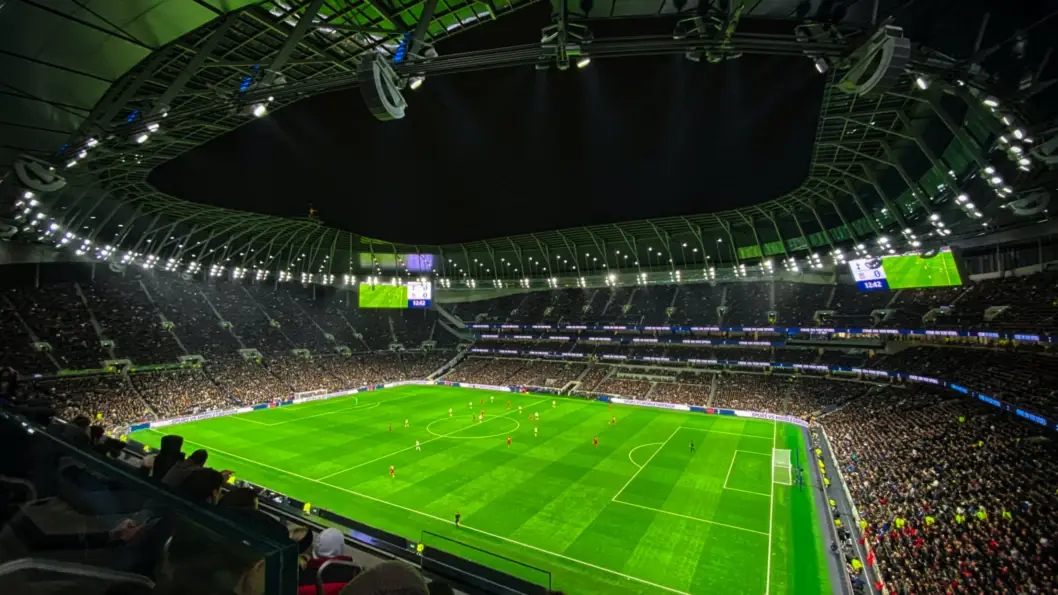
AI is transforming how stadiums operate, enhancing fan experiences and improving operational efficiency. From personalized services to smart crowd management, AI is making stadiums smarter, more efficient, and more enjoyable for fans, improving everything from personalized fan experiences to optimizing operations. As AI continues to evolve, it's becoming an indispensable tool in modern stadium management.
The following are some of the most important areas where AI is having a profound effect:
1. AI-Powered Security and Surveillance
Safety is given high priority in stadiums, particularly for large events. AI-based surveillance systems employ facial recognition and behavior analysis to identify suspicious behavior in real time. Intelligent security cameras are able to recognize potential threats and notify security personnel immediately, reducing risks and increasing crowd safety.
2. Smart Ticketing and Access Control
Those days of standing in queue for tickets and fake passes are gone. Ticketing systems based on AI provide biometric authentication and digital wallets to provide smooth entry. AI algorithms scan fan data to identify fraudulent transactions and unauthorized entry, enhancing security and efficiency at entry points.
3. AI-Powered Fan Engagement
AI customizes the fan experience through real-time information, personalized content, and interactive entertainment. AI-powered chatbots help fans with seat inquiries, concessions, and schedules, cutting wait times and increasing customer service. Augmented Reality and Virtual Reality apps also provide immersive experiences where fans can interact with their favorite teams in innovative and entertaining ways.
4. Smart Traffic and Crowd Management
Handling the movement of tens of thousands of spectators is a logistical nightmare. Predictive analytics through AI assist stadium managers in identifying congestion areas and modifying crowd movement plans accordingly. Intelligent parking systems, based on AI-enabled sensors, direct cars to vacant locations, minimizing traffic and streamlining arrivals and departures.
5. Optimized Concessions and Merchandising
AI allows for real-time tracking of inventory and demand forecasting of food, beverages, and merchandise. AI-powered kiosks and automated vendors accelerate service, keeping fans out of lines and in the action longer. AI also scans buying habits to provide targeted deals and promotions, boosting revenue and improving the fan experience.
6. Sustainability and Energy Management
AI is making stadiums more environmentally friendly by maximizing energy use. AI-powered smart grids manage lighting, heating, and cooling according to real-time occupancy. AI-based waste management systems minimize waste and maximize recycling, as per sustainability targets.
The Future of AI in Stadium Management
As AI technology advances, stadiums will become smarter, providing hyper-personalized experiences and smooth operations. Some of the future developments could be AI-driven virtual assistants for instant game analysis, drone-based security monitoring, and automated stadium facilities.